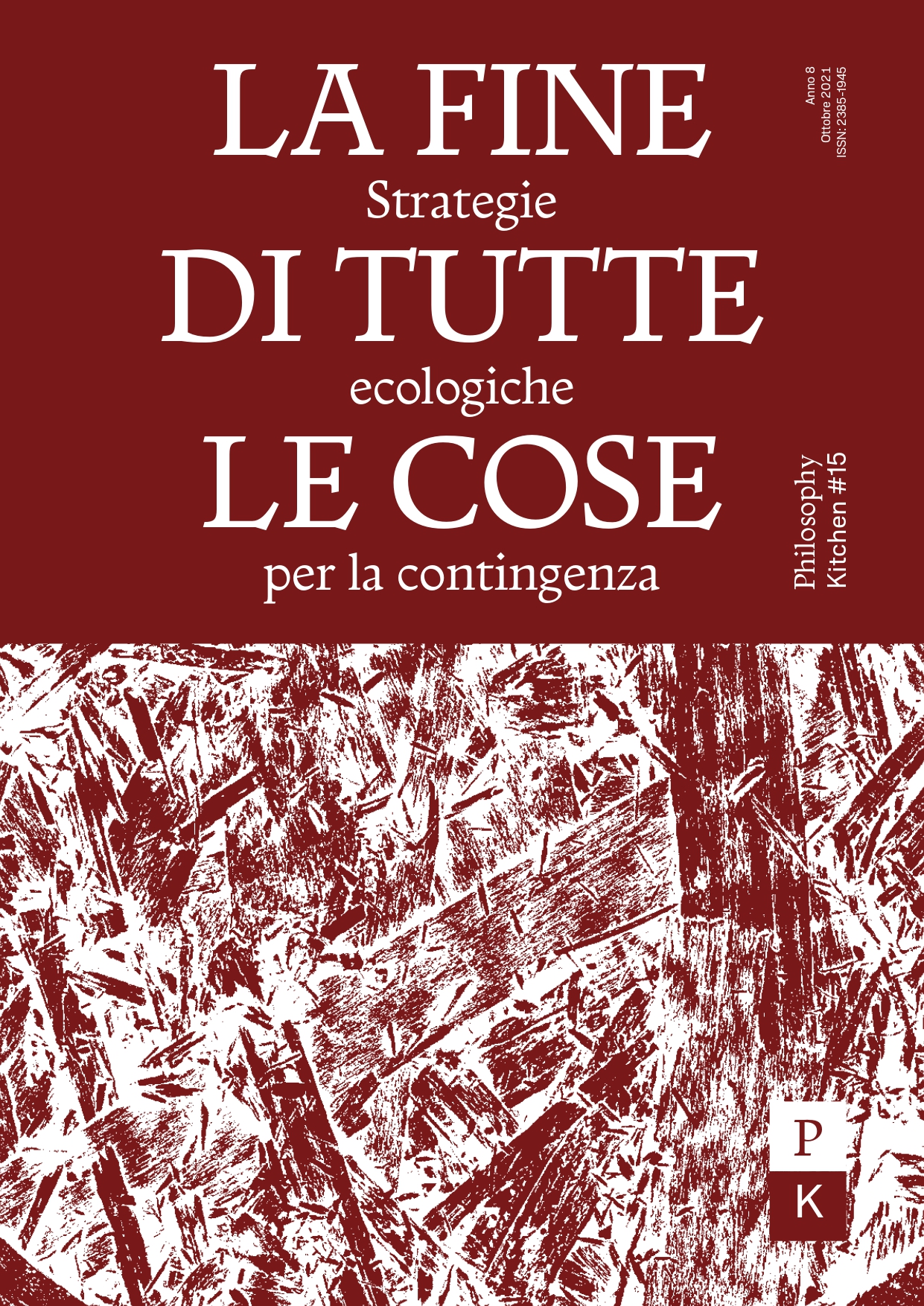L’écosophie guattarienne. Une pensée de l’émergence
DOI :
https://doi.org/10.13135/2385-1945/6220Résumé
This article examines the importance of the ecosophical point of view developed by the philosopher and psychoanalyst Félix Guattari in response to the effects induced by certain so-called modern modes of thought. To respond to the crisis of sensibility that he identifies, Guattari calls for a paradigm shift in our understanding of the worlds, human and non-human at the same time, within which we live and on which we depend. Involving the articulation of three ecologies – mental, social and environmental -, ecosophy cuts across and includes the whole of experience. The ecosophical perspective invites us to transform the relationship with the world by paying attention to the dimension of creativity that runs through our experience and structures it. This “ethico-aesthetic” paradigm will be approached by giving importance to the concept of emergence used by this author, which makes possible to understand the need for the multiple, the singular, the difference or the novelty within our models of understanding events.





